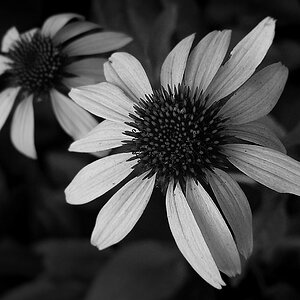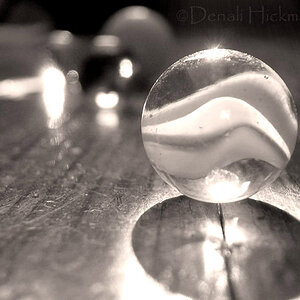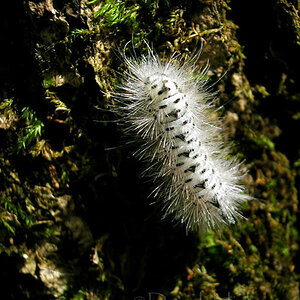dEARlEADER
TPF Noob!
- Joined
- Apr 9, 2008
- Messages
- 1,312
- Reaction score
- 1
- Location
- Canada
- Can others edit my Photos
- Photos OK to edit
Manlatiger, sorry the thread was somewhat hijacked into a discussion of polarization!
I only meant to convey that the effect of a variable ND filter could be achieved much cheaper than 300$ with two polarizing filters, but if the price dropped to 100$ and you are interested in having the ability to change a ND filter over a range, then perhaps it is worth it to buy a single filter that can do the job.
I cant say for certain, (in some circles 'polaroid' means a polarizing filter) but I suspect that this variable neutral density filter simply IS two polarizing filters mounted together, utilizing the effect I've been talking about. If someone were to ask me how to design a variable ND filter, i would give them two polarizing filters.
Anyway, I would still be a little hesitant to spend 100$ for an effect I think you could get buying a second 20$ polarizing filter (assuming you already have one) but it's up to you.
I am unsure of the science you speak of...
a basic polarizing filter reduces you exposure by approxmately two stops...
you can verify this simply by metering an image in manual overexposed by 2 stops...then add a polarizer to same exposure and find yourself equalized...... this is regardless of the position of the polarizer....
stacking another polarizer will double this effect... hence 4 stops ..
you are either much smarter than i...... or you are a dumb sh*t with a creative vocabulary....
i will submit to either result...... it is most likely that I am the dumb s*it so prove me wrong...
Last edited:



![[No title]](/data/xfmg/thumbnail/41/41937-bd46d08f9adcefe8bc65477f19a4f580.jpg?1619739947)
![[No title]](/data/xfmg/thumbnail/36/36675-f6965e1e6c1fa2be4ff0460e9657fe99.jpg?1619737676)
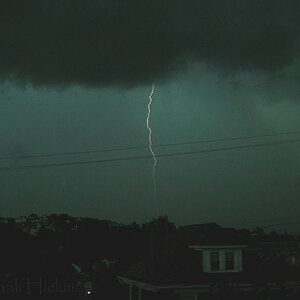
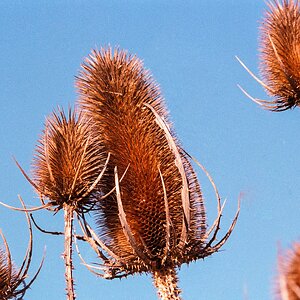
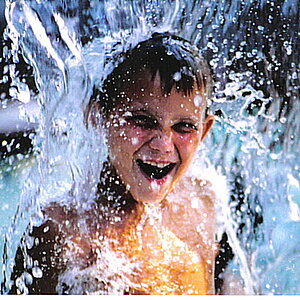


![[No title]](/data/xfmg/thumbnail/34/34115-73b827c6a6db1413dcead11e4caaae69.jpg?1619736285)
